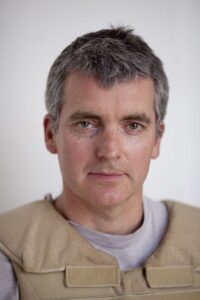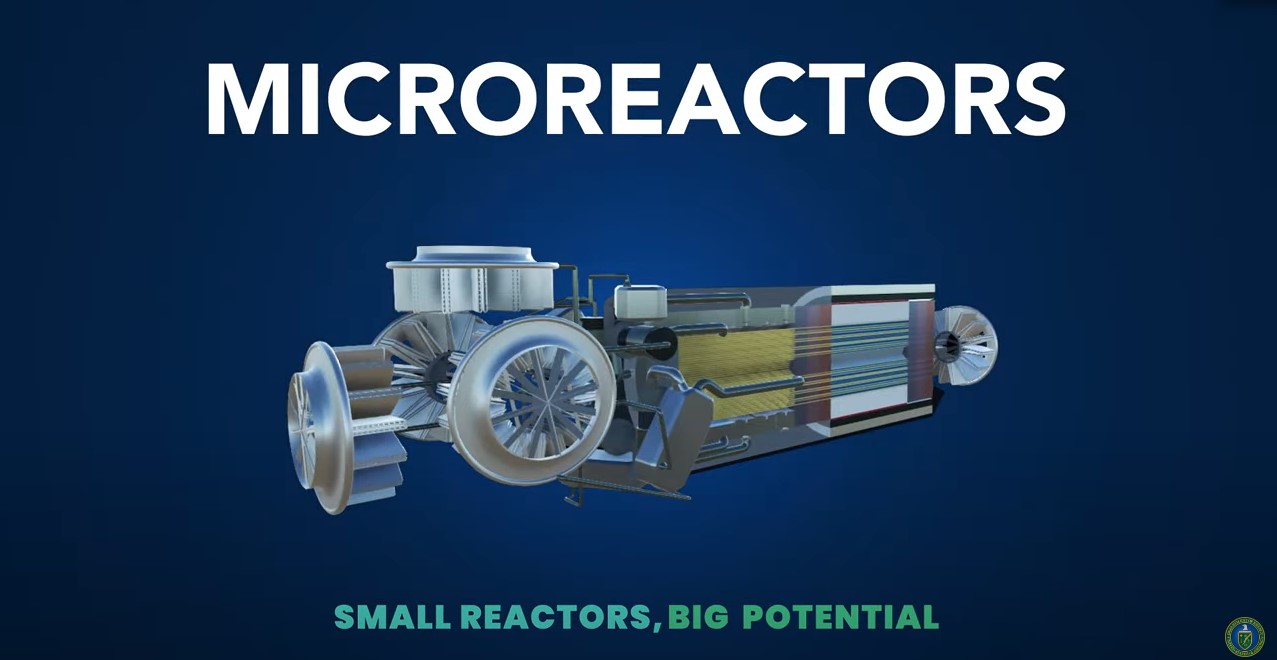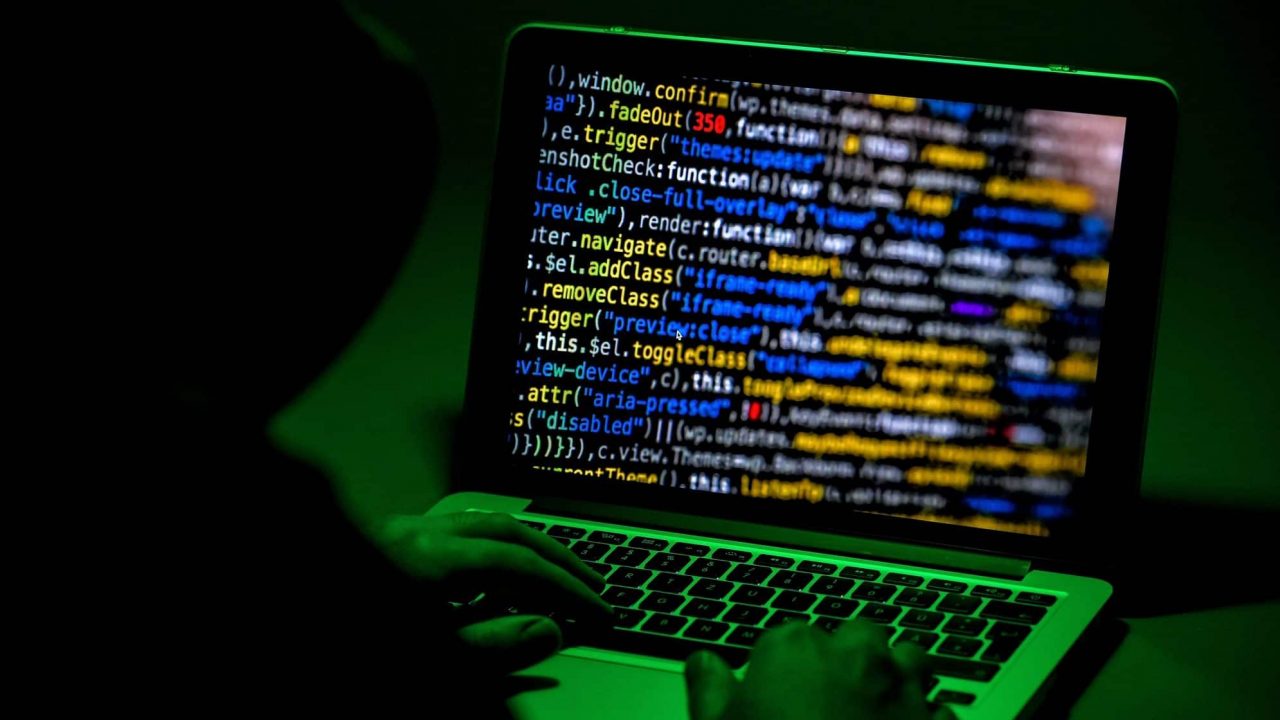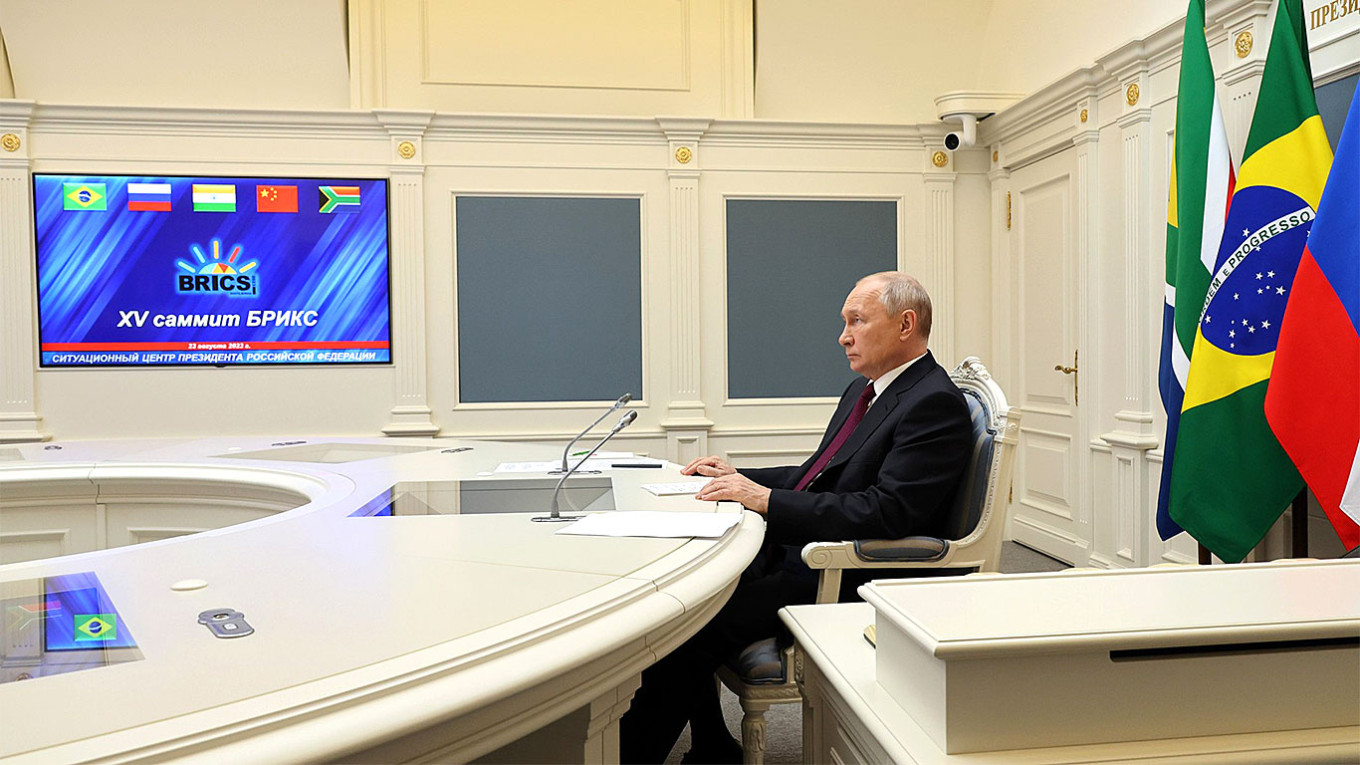The new space race has begun and the trillion dollar prize is the opportunity to exploit the Moon’s abundant resources.
The main area of interest is the South Pole where Chandrayaan-3 made history by becoming the first nation to land on the South Pole and only the fourth country to land on the Moon.
The South Pole is an unexplored region believed to be rich in aluminium, titanium and uranium, iron and the increasingly important rare earth metal lithium.
International scientists also believe that the Moon may also hold up to a millions of tons of helium 3 – a form of the element which might one-day supply the earth with an endless form of clean energy via fusion.
It is believed that there is enough helium 3 on the Moon to power clean fusion plants on earth for at least 10,000 years – hence helium 3 is extremely expensive and one ton is currently valued at an estimated 16 billion USD.
The first space race when the Soviet Union launched Sputnik, the first artificial satellite, in 1957 and ended in 1972, when the crew of Apollo 17, the last humans to walk on the Moon, departed.
So far no one has returned – but that situation is changing, very quickly.
NASA is committed to landing astronauts on the Moon again in 2025 as part of the space agency’s Artemis Program.
China has plans to land humans on the Moon by 2030. In the meantime, robotic missions to the Moon are increasing:
Russia’s hopes of returning to the Moon for the first time in 47 years, with the robotic Luna-25 mission, crashed this week for reasons which remain unclear but which may be linked to the impact of international sanctions.
But is this really the beginning of a new space race? Cathleen Lewis, the Smithsonian National Air and Space Museums curator of international space programs, is not so sure.
“In my opinion, this isn’t a new race,” she says. “If you want to use historical events, this is more of a gold rush.”
And rather than gold – it’s about ice. In 2018, scientists discovered water ice preserved in the deep, permanent shadows of polar craters.
Ice means that that life can be sustained, space stations can be built offering the potential of a beyond earth launch pad for Mars
Space agencies “haven’t quite worked out” how they are going to use this ice, or for “what technology to what end,” Lewis says. “But everyone wants to get there because we now know there is water ice to be found.”
Whether space race or gold rush, the potential exists for cosmic conflict.
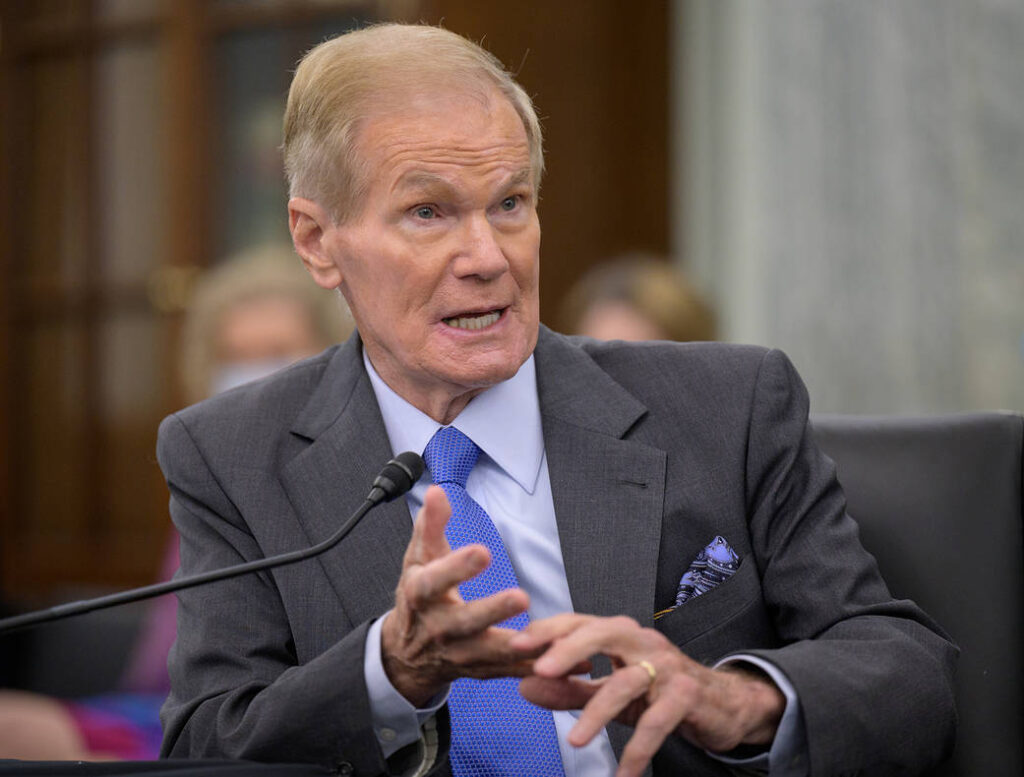
Former U.S. Senator Bill Nelson, President Biden’s nominee to be the next administrator of NASA, appears before the Senate Committee on Commerce, Science, and Transportation, Wednesday, April 21, 2021, Russell Senate Office Building in Washington. Photo Credit: (NASA/Bill Ingalls)
Nasa administrator Bill Nelson, a former astronaut and Florida senator, is less equivocal.
“It is a fact: we’re in a space race,” Nelson said earlier this year. “And it is true that we better watch out that they don’t get to a place on the Moon under the guise of scientific research. And it is not beyond the realm of possibility that they say, ‘Keep out, we’re here, this is our territory.’”
Nelson pointed to Chinese aggression over islands in the South China Sea, where Beijing has established military bases, as evidence of its territorial ambition. “If you doubt that, look at what they did with the Spratly Islands,” he said.
To counter the possibility of a new space race turning aggressive, both the US and the UK have developed space commands within their respective militaries with large budgets
Washington and London have also warned that Russia and China are spending billions on developing an arsenal of new weapons which can be used in space and so in turn have begun to develop their own.
The race to claim sections on the Moon could easily lead to conflict according to Professor Ram Jakhu of McGill University in Canada.
He said: “Economic exploitation is something which causes competition and eventually leads to conflict and then destruction.
“We should not expect governments or private companies to behave differently in space.”
But Beijing has rejected some US interpretations of the motives behind China’s space push. “Outer space is not a wrestling ground,” Liu Pengyu, spokesperson for the Chinese embassy in Washington has said.
The spokesman said that some US officials had “spoken irresponsibly to misrepresent the normal and legitimate space endeavours of China”.
“China always advocates the peaceful use of outer space, opposes the weaponisation of and arms race in outer space, and works actively toward building a community with a shared future for mankind in the space domain,” the statement added.
Despite the current global tensions between east and west on earth in space there is more cooperation.
Russian cosmonauts and American astronauts are currently working side by side in the International Space Station.
Countries, including the United States, Russia and China, signed and ratified the 1967 Outer Space Treaty, agreeing that space and all celestial bodies in it are “not subject to national appropriation by claim of sovereignty, by means of use or occupation, or by any other means.”
Nasa Administrator Nelson has also said that Nelson said the U.S.’s own Artemis Accords, an agreement between 28 countries including Canada, are designed to protect the ideals of peace and cooperation.
But Jakhu said the Accords aren’t binding, stating that the U.S. has taken its own steps to reinterpret the treaty.
Section 10 of the Accords states, “Signatories affirm that the extraction of space resources does not inherently constitute national appropriation under Article II of the Outer Space Treaty.”
Former president Donald Trump signed an executive order in 2020 directing the U.S. government to object to another treaty, which the U.S. did not sign, that states the Moon and any resources on it will not become property of any one state.
Barack Obama’s administration passed the 2015 Space Resource and Utilization Act to promote U.S. businesses exploring and utilizing outer space resources and states that any asteroid resources “are the property of the entity that obtained such resources.”
The Artemis Accords, according to Jakhu, is “a political move on the part of the United States to sell its interpretation of the law and get like-minded countries to sign it.”
And while he admits cooperation on the International Space Station (ISS) — which China never joined — has been “exemplary,” he also pointed out the ISS has no commercial value.
“Space is not different from what we do on earth,” he said.


